Report: HP released faulty ProBook BIOS update that bricked machines

HP released a BIOS update for its ProBook 455 G7 laptop in May 2024. This update appears to have been faulty, as users started to flock the HP Support forum to request assistance.
Update: HP released a statement this week. It acknowledged the issue and provided a list of devices that could have received the faulty BIOS update: HP ProBook x360 435 G7, HP ProBook 445 G7, HP ProBook 455 G7, HP EliteBook 835 G7, HP EliteBook 845 G7 , and HP EliteBook 855 G7. The company says that it is working on the issue. End
HP has not yet responded to the thread, and user comments suggest that it is asking customers to pay for motherboard replacements, if the devices is no longer under warranty. ProBook devices are widely used by business customers, but may also be purchased by consumers. This particular device was released in 2020 initially, which means that most devices do not fall under warranty.
Good to know: BIOS updates may be installed via Windows Update, via support tools, or through manual installations. These may include fixes, updates, and sometimes also new features.
On May 26th, 2024, HP Support forum member ProBookUser61 published a new support thread on the forum. The user claimed that HP did release a faulty BIOS update for the HP ProBook 455 G7 device. Installation of the update via HP's Support Assistant software had the result that the computer was showing a black screen on start with loud fan noise.
Attempts to enter the BIOS did not work. Analysis of the BIOS file revealed to the user that it was faulty. It was too large for the integrated BIOS chip and also not a standard UEFI BIOS file according to the user.
Soon thereafter, other users chimed in. Some downloaded the BIOS file from HP's Support website, others received it via Windows Update. All who replied stated that the update bricked the device.
HP did not reply to the support thread. Customers who contacted HP Support were told that the motherboard had to be replaced and that it would cost €400 if the device was not under warranty anymore.
Closing Words
If the reports are true, and there is no evidence that they are not, then it paints a bad light on release control over at HP. Did no one at HP test install the new BIOS file on ProBook laptops? If it is true that the size of the file is too large and that the file itself is not a standard UEFI Bios file, then this would have certainly flagged it to the tester.
HP has not responded to the support thread yet, which leaves customers hanging. It does not paint a good picture on the quality of the support forum. Disgruntled customers -- they appear to have every right to feel that way-- have a tendency to become ex-customers quickly.
Word of advice: if you break it, you should do everything in your power to correct the issue.
Have a similar horror story to share? Or something pleasant regarding customer support? Feel free to share it in the comments below.






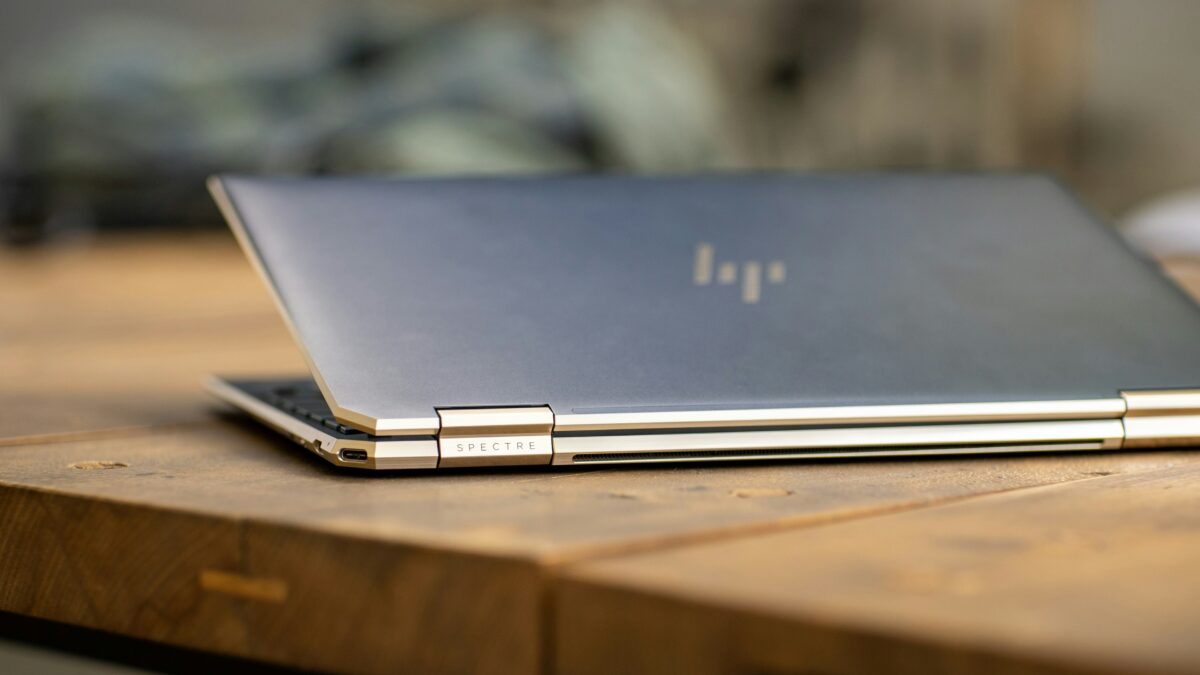
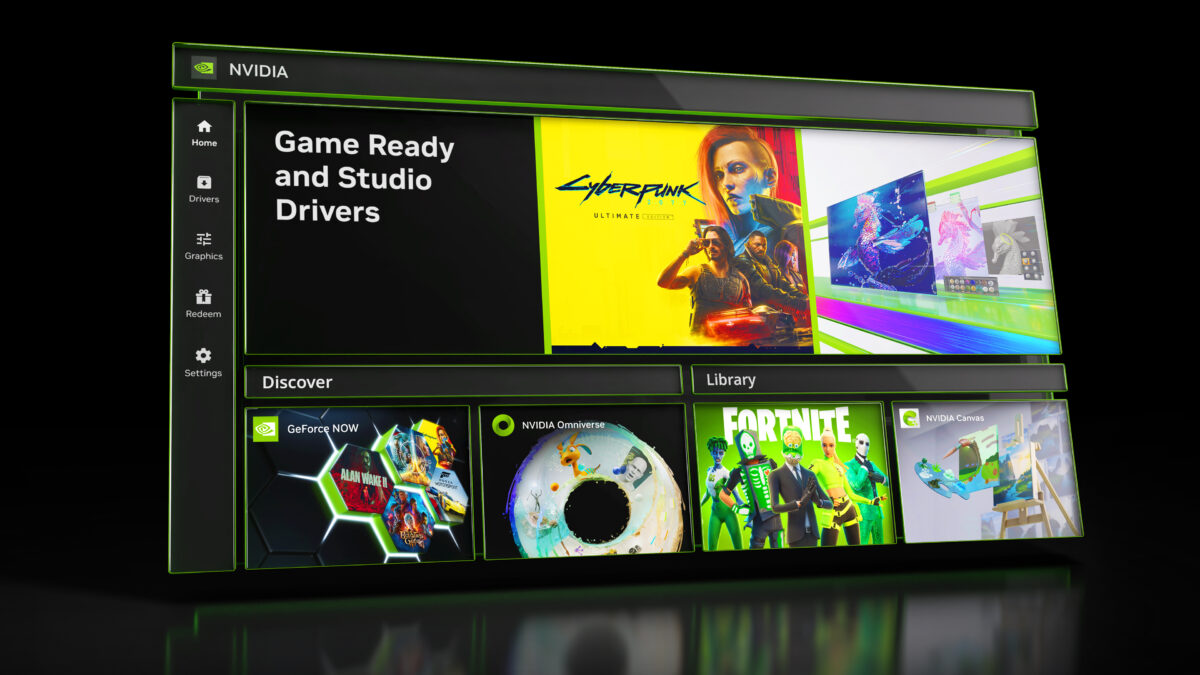


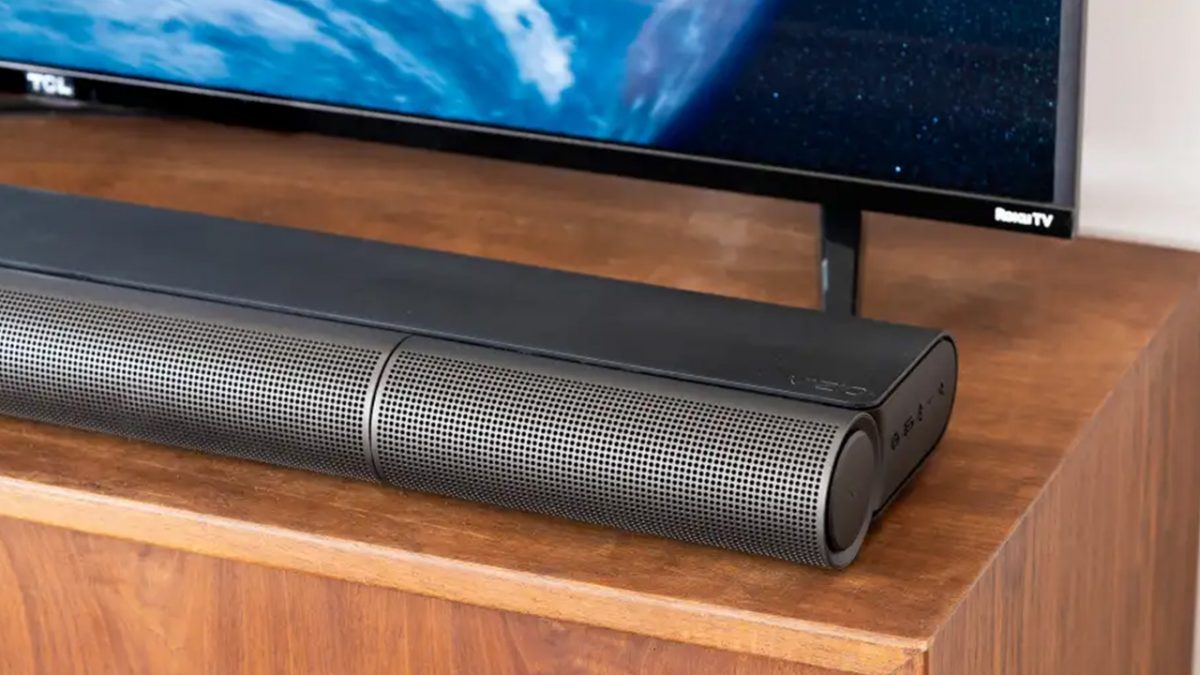
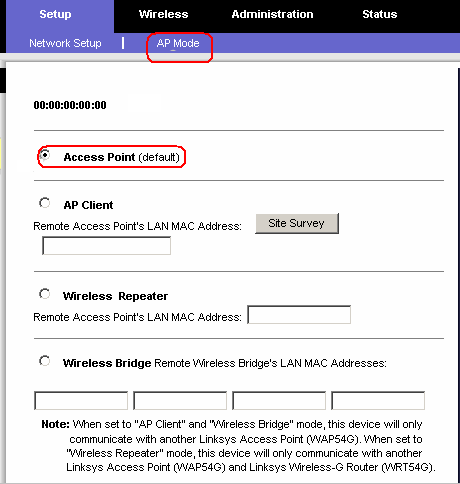
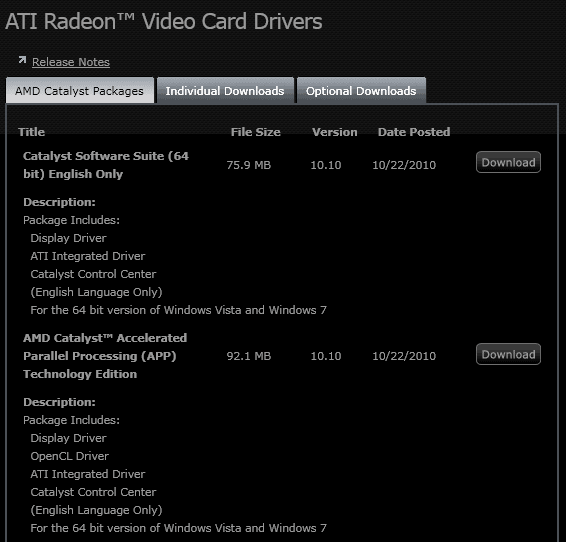









and bricked officejt printers all so i know i have one and no fix
I have no interest in ever buying another HP product again. I have had my share of misgivings with HP products and will not punish myself with any of their locked down anti consumer product mentality.
HP is that company that loves to lock cartridges through firmware updates. It doesn’t even surprise me that it launches a corrupt BIOS.
My favorite from HP foobar is on a laptop I bought around 2021. The serial number, product number and name on the box and some in the BIOS when looked up on their support.hp.com brings up a different laptop naming for the product.
And to top it off when I did figure out it was “compatible”, according to them, I downloaded the BIOS and archived them. Then fast forward a few years and one recheck later. Those same newer BIOS files weren’t there. Where did they go?
Then I decided to update the memory… proprietary SO-DIMM voltage is needed which was irritating.
Then I decided to update it to WiFi 6E along with it’s corresponding Bluetooth (BT). I noticed on the OEM M.2 WiFi card that they broke off the “MAIN” pin connection for the antenna and didn’t even bother putting the (sometimes white) wire in the laptop for it. Typically BT and WiFi are usually separated since they can interfere… but HP decided let’s mangle the M.2 WiFi card instead and only give one “AUX” wire… and mess up WiFi and BT together. Whenever I use my BT mouse I can’t connect to WiFi. Very annoying.
HP has gone greatly downhill since the old days… and I was there in the old days. I too will not recommend HP anymore.
recently mentioned from Neowin – HP staff allegedly blames Microsoft’s Windows Update as firmware bricks ProBooks:
https://www.neowin.net/news/hp-staff-allegedly-blames-microsofts-windows-update-as-firmware-bricks-probooks/
Can you spell “Class Action Lawsuit”?
If they do anything like that to my HP laptop, God help them.
I read all the comments on the HP support site, but didn’t come across the suggestion to clear CMOS which removes the current BIOS settings and returns it to its default settings.
Clearing CMOS was the recommended action to regain control over the machine in the event it wouldn’t boot back in the days when I worked as a support agent for an outsourcer that had a contract for HP support.
However, back then UEFI hadn’t become mainstream yet and so things might have changed since then. But users can easily find instructions on your favourite search engine on how to go about it if they want to have a go.
@TelV
I read the comments too and the reason CMOS was not mentioned is probably because this is utterly worthless in the event of a failed bios update or a corrupted bios.
Removing the CMOS battery clears some user customisable data, such as “what boot order do you want”, it does nothing to the chip that actually stores the firmware (which is non-volatile, and read-only for 99% of the time (it is only re-writable for the purpose of bios updates).
If what you’re assuming was true, you’d lose all bios updates and go back to version 1.0.0 of your bios every time you swapped your cmos battery in your tower PC. This is just not how it works.
@ Bruh,
HP would seem to disagree with you: https://support.hp.com/us-en/document/ish_3932413-2337994-16
P.S. My previous post hasn’t been cleared by Martin yet, but also contains my comments re: your post.
@ Bruh,
You don’t have to remove the battery. There’s a jumper on the motherboard which when removed and then replaced performs the function of clearing CMOS.
Also, clearing CMOS was an obligatory HP troubleshooting step to perform at that time. All support agents were required to advise the user to take that step in the event the system wouldn’t boot and in nine times out of ten it worked.
To be honest this is the fault of people using these laptops past their warranty period, if they got a new computer in time or got the extended warranty they’d be okay.
Anonymous, who are you shilling for? Why is it the person’s fault for using and old/er computer?
HP going the patch of Microsoft giving faulthy so-called updates/repairs brrr
HP going the Microsoft path of faulthy so-called patches? brrrr
One thing that is always needs to be done when M$ windows is installed, always disable Auto Driver/Bios Updates as Windows Nowadays is horrendous on Force Installing Updates that could brick your device specially BIOS/FIRMWARE which should always be manually installed by the user after doing some research on it’s safety as it is the most crucial part that if corrupted could trashbin your motherboard altogether.
Ah, yes. BIOS updates. The gift that keeps on giving all year round.
People still buy HP products? How is this even conceivable?
As they say: “Friends do not let friends buy HP”. I always advise people to never buy HP. If they do not listen to me, do not expect my help.
Just €400? So it appears that the only thing more expensive than this HP Bios update is the mandatory replacement ink cartridges for an HP inkjet printer.
I won’t recommend HP products, awful and terrible mostly all of them. I haf a HP laptop with two inflated batteries in two years. Total waste of money. Same with an ink printer, that one time spent near all one new cartridge printing the testing page in a terrible unavoidable loop. HP means nothing nowadays. Thanks for the article! :]
HP is awful. Compaq was awful. Those tow combined: horrific.
“HP did not reply to the support thread. Customers who contacted HP Support were told that the motherboard had to be replaced and that it would cost €400 if the device was not under warranty anymore.” < Conclusion: Sue the hell out of them if you can and avoid that company at all costs.
In short: NEVER do a bios update unless you know a specific bios update fixes a specific problem that you ALREADY have, or you know the upgrade version introduces a feature you specifically need to use. Nothing wrong with using the bios version you shipped with, or whatever.
If you do not have problems or complaints, don’t update the bios. I lost the ability to control the fans by upgrading bios on my DQ45CB motherboard, thought I was doing a good thing :( bastards…
This does not reflect well on HP. I had a similar experience with a HP Pavilion laptop a few years ago. A BIOS update came out that bricked the machine for many people. The only solution was a motherboard replacement, and if you were out of warranty then you had to pay for it. Adding to the frustration, they make it very difficult to contact support if your device is out of warranty.
Yes, this happened with a BIOS update from Dell about 6-12 months ago. It took me a number of times to determine whether an MS update was causing the black screen issue or the BIOS. It was the BIOS. Eventually, months later, a Dell released an update for the update
It really confirmed my routine of always making a full system image before downloading any major OS or driver updates [or BIOS]. For programs, I usually make a simple Restore Point.